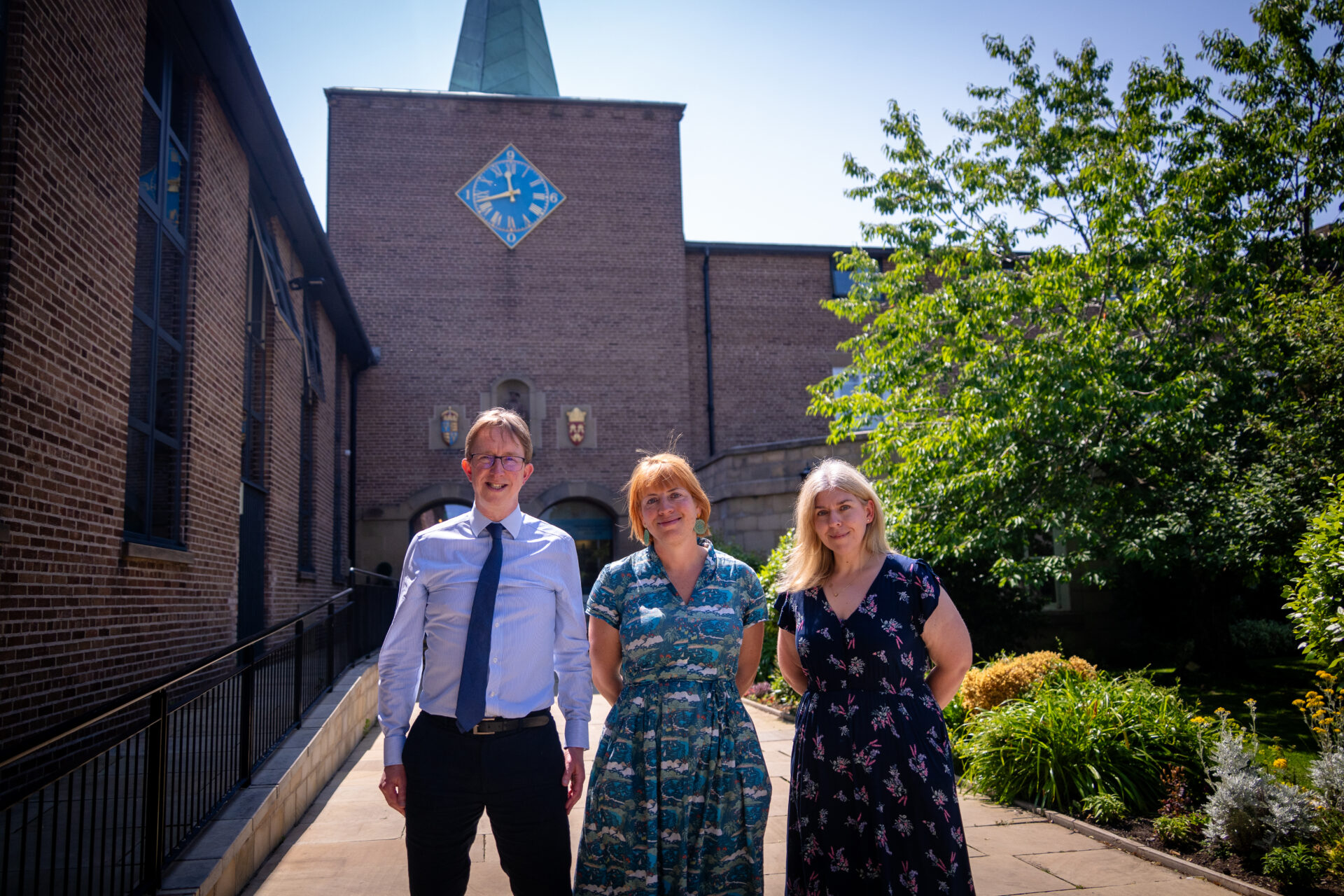
In this term’s History lessons, Shells pupils have been learning about the transatlantic slave trade. To conclude their learning on this important and though-provoking topic, it was an honour to welcome into school local author and historian, Dr Miranda Kaufmann.
Dr Kaufmann delivered a compelling talk that focussed on the complex and often overlooked local involvement in the trafficking of enslaved Africans, highlighting connections between Liverpool slavers and the regions of Chester and North Wales.
Drawing on extensive historical research and personal insight, Dr Kaufmann also spoke of the history of her family home near Mold, which has direct links to this history. Students were able to engage with unique historical artefacts uncovered there, including an original business ledger and silver cup belonging to Liverpool merchant John Chambres Jones, who later retired to Conwy, and the story of Edward Wilson, a slaver commemorated in Chester Cathedral.
Head of History, Pete Neal, thanked Dr Kaufmann for her visit.
He said: “We are extremely grateful to Dr Kaufmann for her time and for sharing her insights. Her session offered students a valuable opportunity to explore how Chester, Liverpool and North Wales were interwoven into the wider narrative of slavery and colonialism.
“Importantly, she also challenged them to think critically about the legacy of this past, and what it means for modern cities and institutions such as the National Trust as they grapple with questions of historical accountability and public memory.”
As a historian, Dr Kaufmann has worked on the Colonial Countryside Project which worked with ten National Trust properties, primary schools and creative writers to explore the houses’ links with Caribbean enslavement and the East India Company. She is author of the critically acclaimed Black Tudors: The Untold Story and will be publishing her latest book, Heiresses: Marriage, Inheritance and Caribbean Slavery, in the Autumn.















